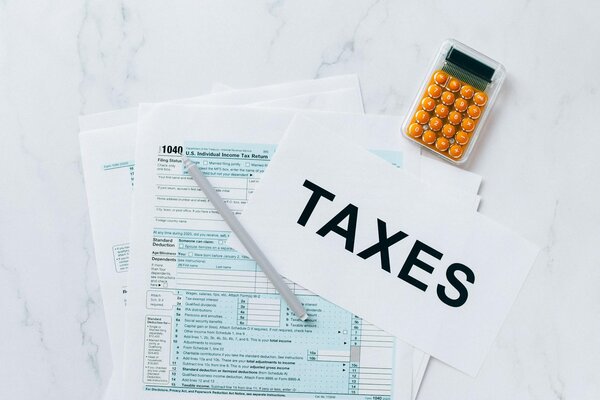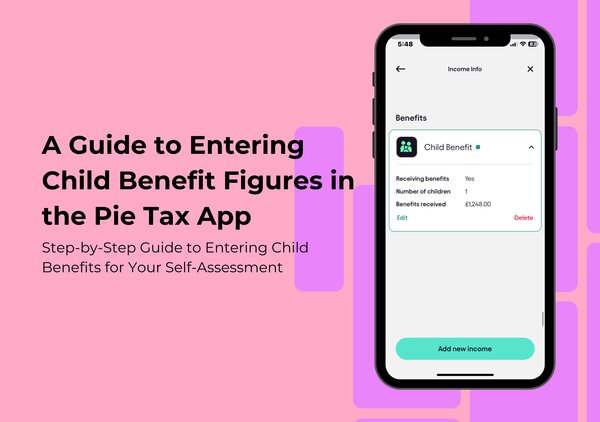Rachel Reeves’ Autumn Budget 2024 What Tax Rises Mean for You
Chancellor Rachel Reeves has unveiled the most significant package of tax rises in a generation, with the Autumn Budget 2024 delivering around £40 billion in extra levies. Announced on 30 October 2024, the measures are designed to plug holes in the public finances, fund public services, and steady financial markets amid sluggish growth and inflation close to 4%.
The scale of the changes is stark: from higher employer National Insurance contributions to increased capital gains tax rates, new stamp duty surcharges, and inheritance tax reforms, Reeves has signalled a decisive break from previous policy. Even private schools will lose their VAT exemption from early 2025.
Here’s a breakdown of the key announcements and what they mean for households, landlords, savers, and investors.
Employer National Insurance Contributions Rise
One of the biggest headline changes is the increase in employer National Insurance contributions (NICs).
- From 6 April 2025, the employer NIC rate will rise by 1.2 percentage points, reaching 15%.
- At the same time, the threshold at which employers start paying NICs will be cut from £9,100 to £5,000.
This means businesses will shoulder a heavier burden, particularly those with large payrolls. While the government insists this is about fairness and funding the NHS, business groups have warned it could discourage hiring and investment.
Capital Gains Tax Hikes
Capital Gains Tax (CGT) is another area hit hard:
- Rates have risen from 10% and 20% to 18% and 24% for disposals made from 30 October 2024.
- Business Asset Disposal Relief and Investors’ Relief will climb from 10% to 14% in April 2025, then to 18% in April 2026.
- The Investors’ Relief lifetime limit has been slashed from £10 million to £1 million, effective immediately.
This is a substantial shift, with the Treasury aiming to capture more tax from wealthier individuals and investors. Critics argue it risks dampening entrepreneurial activity.
Stamp Duty Land Tax Increases
Property investors are also in the firing line.
- From 31 October 2024, the surcharge on additional homes (such as buy-to-lets or second homes) has risen from 3% to 5%.
- The higher rate for companies or investment vehicles buying homes over £500,000 has jumped from 15% to 17%.
These changes are designed to generate more revenue from wealthier buyers and institutional landlords, though some analysts predict landlords may simply pass costs onto tenants.

Inheritance Tax Reforms
Inheritance Tax (IHT) remains frozen at existing thresholds, but with important reforms.
- The nil-rate band (£325,000) and residence nil-rate band (£175,000) will stay frozen until at least April 2030.
- From April 2026, Agricultural Property Relief and Business Property Relief will only apply on estates worth up to £1 million. Anything above that will be taxed at 20%.
- AIM-listed shares will also face a 20% IHT charge from 2026.
- Looking further ahead, defined contribution pensions will fall under the IHT regime from April 2027.
The government says these changes close loopholes that disproportionately benefit wealthier estates, but critics warn they will hit family-run farms and businesses hardest.
VAT on Private Schools
From 1 January 2025, parents paying private school fees will face 20% VAT.
Labour campaigned on this measure in the 2024 election, arguing it would raise billions to fund state education. Independent schools have criticised the move, warning it could force some families out of the sector.
Why Reeves Raised Taxes
The Chancellor framed the Budget as unavoidable, describing it as the price of repairing Britain’s public services after years of underinvestment. Bond markets had already signalled concern, with yields hitting levels last seen in 1998.
Economists say Reeves had little room to manoeuvre: either cut spending drastically or raise taxes. By targeting wealthier individuals, investors, and private education, Labour aims to balance its pledge to protect “working people” while stabilising the nation’s finances.

Final Summary
Autumn Budget 2024 higher taxes for long-term stability
Rachel Reeves’ Autumn Budget is the boldest tax-raising package in decades, shifting billions from wealthier households, investors, landlords, and private schools into public coffers. Whether these measures deliver long-term economic stability or stifle growth remains to be seen. What’s clear is that millions will feel the impact in their payslips, property transactions, pensions, and inheritance plans.











